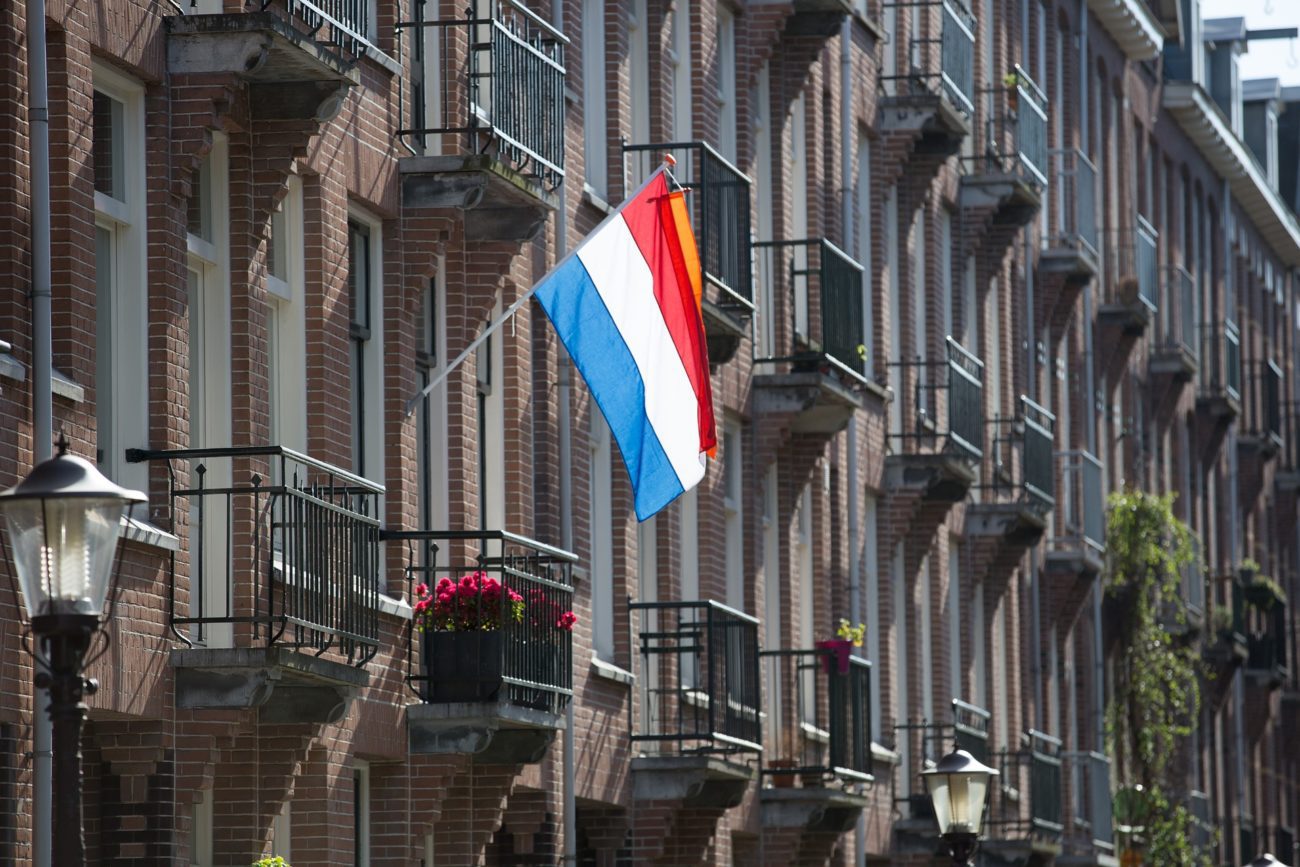The Netherlands’ regulator – Kansspelautoriteit (KSA) – has published its amended Responsible Gaming Policy Rule, mandating deposit limits of €300 (£255/$325) for players aged between 18-24 and €700 for players aged over 24.
Announcing the new rules today (3 June), KSA hailed the new deposit limits as being a “major step” in creating a safer market for young people.
The Responsible Gaming Policy Rule was published in the Netherlands’ Official Gazette today and has come into effect immediately. However, KSA clarified that certain policies, including the deposit limits, will come into effect from 1 October. This is because certain IT adjustments need to be implemented. In addition, operators will need time to recruit new employees to oversee the change.
From 1 October, when a young person – defined as being aged between 18 and 24 – deposits €300 or more, the operator must carry out financial checks to ensure they can afford to gamble that amount. This is also the case for those over the age of 24 depositing €700 or more.
If the person is found to be unable to afford the amount, the operator must block any further deposits for that calendar month.
An operator can deviate from the €300 deposit limit in exceptional circumstances. An example of this is a professional poker player that needs to deposit a higher amount for a tournament.
Stricter “real-time” monitoring
The amended Responsible Gaming Policy Rule also instructs operators to be stricter on “real-time” monitoring of player behaviour. Both land-based and online operators must intervene within one hour of identifying potentially harmful gambling behaviour, such as excessive participation. This monitoring must be active 24 hours a day.
According to the new policy, signs of excessive participation include:
- Gambling for extended hours at night;
- Betting continuously;
- Depositing repeatedly.
KSA defines gambling for longer than six hours per day as a sign of potential gambling harm.
“With this policy rule, the Gaming Authority aims to further flesh out the laws and regulations that apply to the recruitment and advertising activities of licence holders and to the addiction prevention policy and its implementation by licence holders, where applicable,” reads the publication in the Official Gazette.
Why has KSA amended the rules?
In September 2023, KSA published a study into how duty of care was carried out at ten operators. As part of this study, KSA requested information on player monitoring, player data and addiction prevention policies from the operators. The regulator found that the operators were not always intervening with players at risk of harm in a timely manner.
KSA said that the results of the research, coupled with recent amendments to gambling ad rules and the role model ban, led it to create a draft amendment to its Responsible Gambling Policy Rule.
This draft was followed by a consultation round. The consultation gathered a total of 33 responses from operators, trade bodies and experts on addiction. The responses were mainly centred around addiction prevention.
The Netherlands cracking down on the market
The amendments to the Responsible Gaming Policy marks the latest attempt to tighten up the Netherlands’ gambling market.
In May, a coalition agreement between four Dutch political parties proposed an increase in gambling tax from 30.5% to 37.8%. In April Holland’s house of representatives voted to ban both online gambling advertising and “high risk” online gambling, which includes slots.
Also last month, research carried out by the Keurmerk Responsible Affiliates (KVA) found that illegal operators present in the Netherlands were accepting bets from minors. In response, Peter-Paul de Goeij, director of the Netherlands Online Gambling Association, said he expected a “rigorous” response from KSA in light of the news.
KSA has also handed down a number of fines recently, namely to unlicensed operators offering their games in the Netherlands. Sarah Eternal was issued with a weekly fine of €280,000 for operating without a licence, while Casbit received a warning for a similar infraction.

